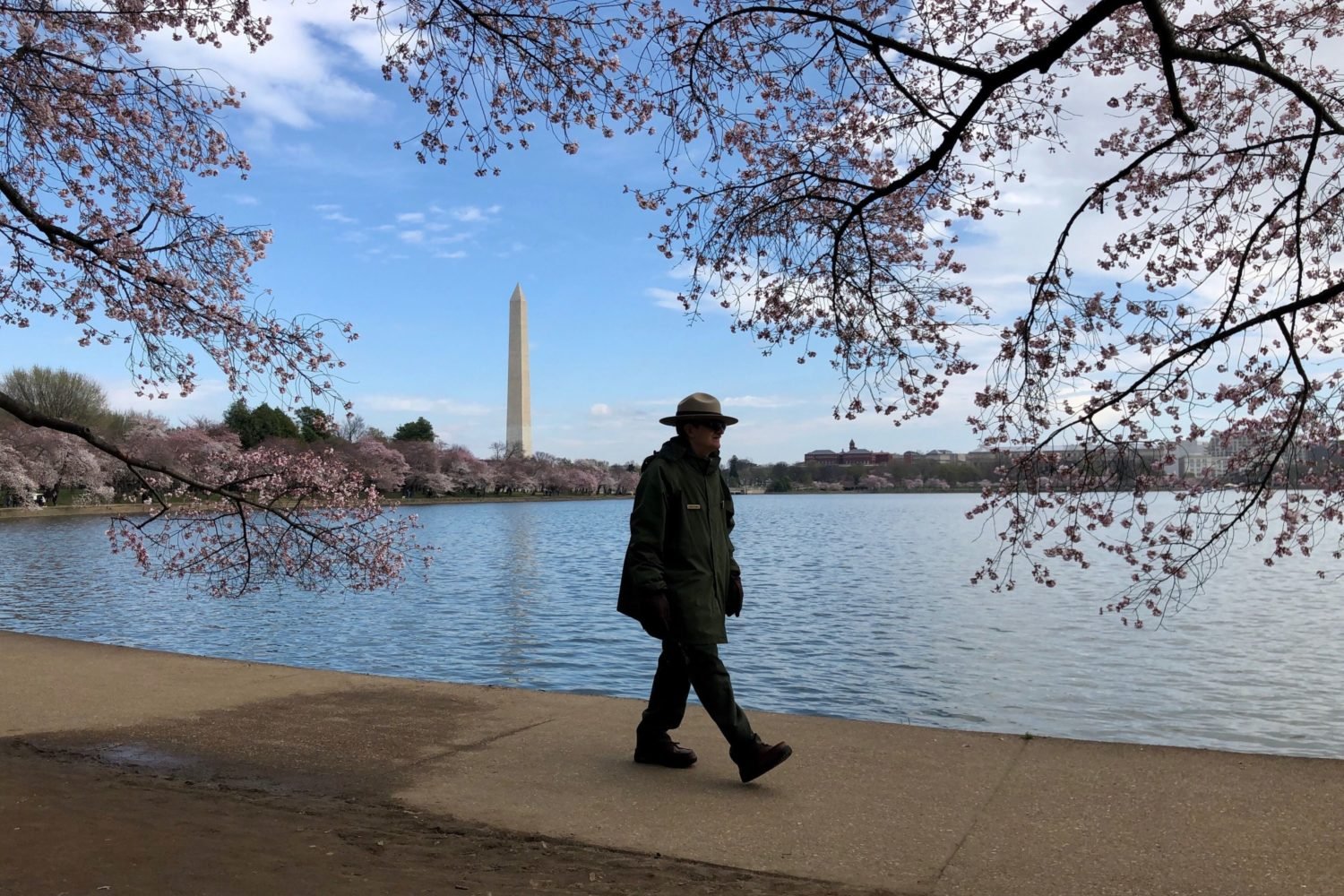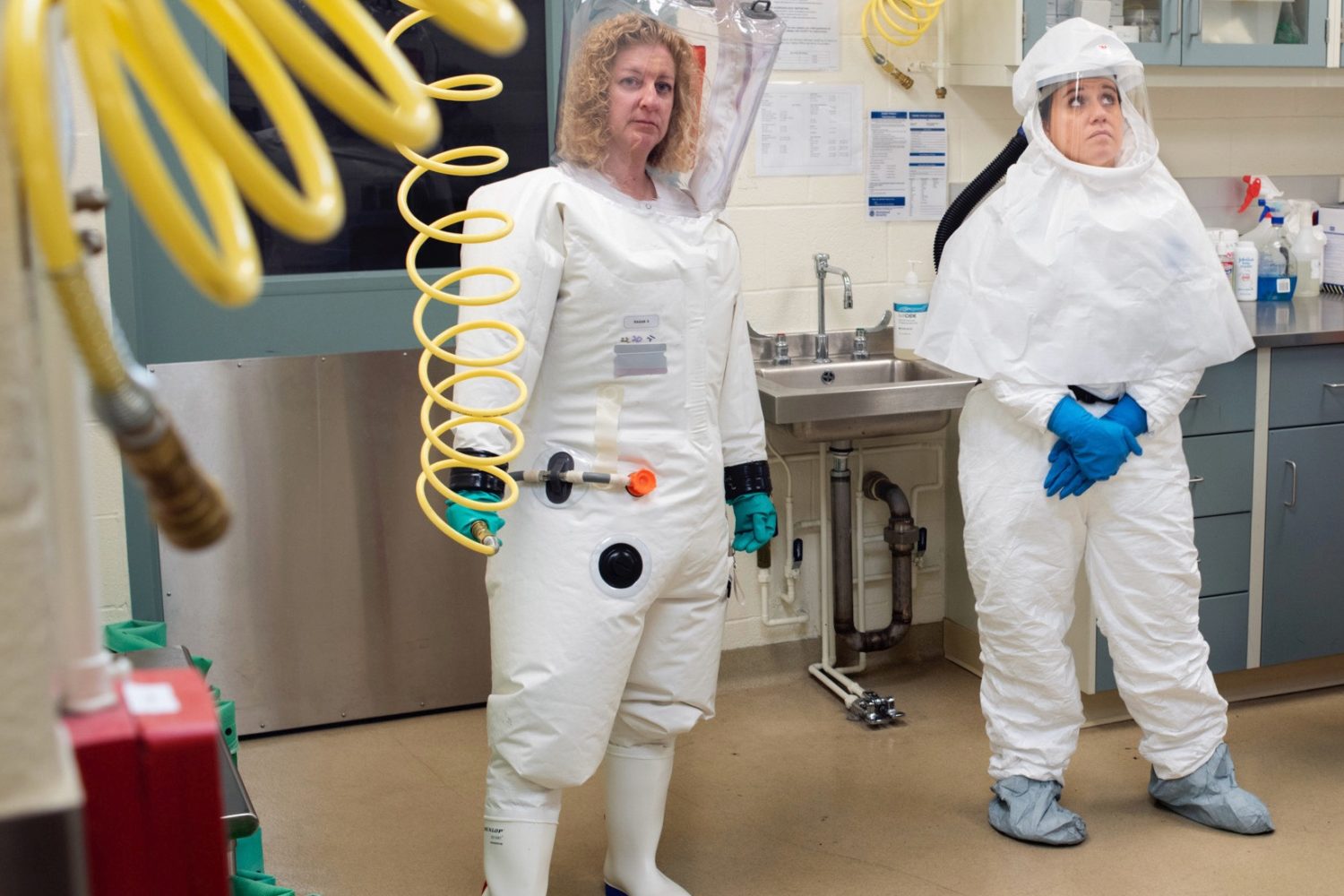About Coronavirus 2020
Washingtonian is keeping you up to date on the coronavirus around DC.
Dear Dr. Sulmasy,
It’s my parents’ 40th wedding anniversary, and they’re intent on having their three grown children—including myself—and our spouses over to their home for a celebration. They’ve been pretty good about self-quarantining for the past 14 days, but, like the rest of us, they’re getting a little stir-crazy. I’ve been pleading with them to postpone the event until the pandemic passes, or organize it on a virtual platform. But they’re insisting it must be done in person and on schedule. I’m not comfortable going to the event, but my two other siblings and their spouses have agreed to attend. My parents will be very hurt if I don’t go, and, whether I go or not, it seems the event will take place. What’s my ethical responsibility with regard to trying to persuade my family to cancel the event? And, assuming the event goes on as planned, is it ethical for me to stay home and miss it knowing that my absence will greatly disappoint my parents on a day that should be a joyous celebration?
Daniel P. Sulmasy, MD, PhD, acting director of the Kennedy Institute of Ethics and a faculty member of the Pellegrino Center, Georgetown University: These are among the heart-wrenching kinds of questions that everyone is now facing. Even more heart-wrenching are the restrictions on visiting by family and friends when a loved one is hospitalized with Covid-19 and must be isolated. Social distancing is unnatural. In times of stress and times of joy we want to hug and kiss each other. And it is just such instincts that viruses like SARS CoV 2 (the virus that causes Covid-19) exploit. Far and away, it is by close contact in social gatherings of persons who are not usually mingling with each other that the virus spreads most readily. Gatherings like this are among the main factors that fuel exponential increases in the number of new cases—a phenomenon that can overwhelm our health care resources. This exponential increase (for example, doubling the number of new cases daily) defines the sharp curve we are trying to flatten. We want to avoid the need to erect tent hospitals and ration ventilators. We want to avoid death counts in our area reaching into the thousands.
So, you are absolutely in the right here. You should not go. You should do what you can to dissuade the rest of your family from going. You should do your best to persuade your parents. It is wrong for them to minimize the risk and flout the rules. Above all, the risk to them in holding such an event is the greatest. You don’t give their exact ages, but even if they were married at age 20 they would both be 60 years old and at higher risk for complications and death should they contract the virus.
Tell them you love them and that’s why you’re not going. As of 12:01 a.m. on April 1, you can also blame Mayor Bowser and say that it is illegal for you to go. Keep pushing for the virtual event. Try to get your siblings on your side. Send them this article if you think it helps make your case. Offer to host the party yourself at a later date when the pandemic has passed. If they counter that they will observe social distancing, argue that having a face-to-face party without being able to touch each other might even be more painful than having a virtual event now followed by a live event later.
Your ethical instincts are correct. No one ought to exempt himself or herself from the social-distancing rules, or now, in many jurisdictions (DC, Maryland, and Virginia included), mandatory stay-at-home rules. The latter rules permit leaving one’s home only for food shopping, essential work, and physical fitness. You are doing the right thing. I hope you can help your parents and siblings understand.
If you have a question for the Coronavirus Ethicist, please email lmullins@washingtonian.com.



















